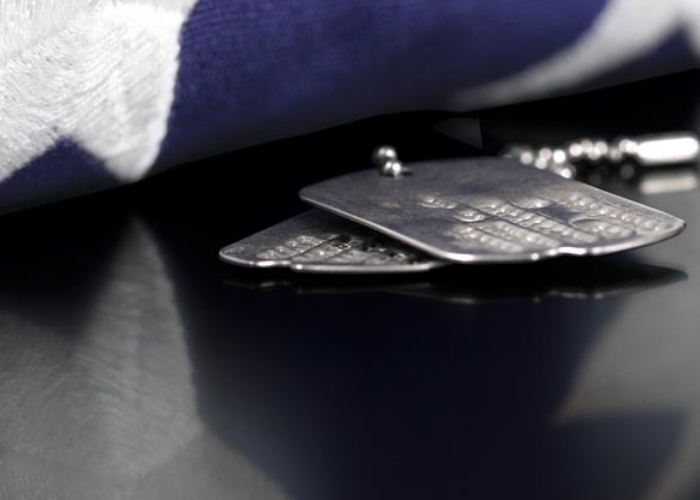For most of us, Memorial Day means the “unofficial kickoff” of summer when we go away or get together with loved ones to grill up some great food.
Not at all suggesting that there is anything wrong with this, but I challenge you to pause and think about what it means when a soldier dies fighting for your freedom. Think about the scene playing out in slow motion as the loved one of a fallen soldier hears that knock on the door.
Will you pause for a moment and remember the fallen brave as that familiar bugle sound plays in the background…”Taps”.
Here is a bit of history of Taps.
Of all the military bugle calls, none is so easily recognized or more apt to render emotion that Taps. Up to the Civil War, the traditional call at day’s end was a tune borrowed from the French called Lights Out. In July of 1862, in the aftermath of the bloody Seven Days Battles, hard on the loss of 600 men and wounded himself, Union General Daniel Adams Butterfield called the brigade bugler to his tent. He thought Lights Out was too formal and he wished to honor his men.
Oliver Wilcox Norton, the bugler, tells the story, “…showing me some notes on a staff written in pencil on the back of an envelope, [he] asked me to sound them on my bugle. I did this several times, playing the music as written. He changed it somewhat, lengthening some notes and shortening others, but retaining the melody as he first gave it to me. After getting it to his satisfaction, he directed me to sound that call for Taps thereafter in place of the regulation call. The music was beautiful on that still summer night and was heard far beyond the limits of our Brigade. The next day I was visited by several buglers from neighboring Brigades, asking for copies of the music, which I gladly furnished. the call was gradually taken up through the Army of the Potomac.”
This more emotive and powerful Taps was soon adopted throughout the military. In 1874 it was officially recognized by the U.S. Army. It became mandatory at military funeral ceremonies in 1891. There is something singularly beautiful and appropriate in the music of this wonderful call. Its strains are melancholy, yet full of rest and peace. It echoes linger in the heart long after its tones have ceased to vibrate in the air.i
While there are no official lyrics for Taps, the following unofficial verse is often used:
Fading light dims the sight
And a star gems the sky, gleaming bright
From afar drawing nigh,
Falls the night.
Day is done, gone the sun
From the lakes, from the hills, from the skies
All is well, safely rest;
God is nigh.
Then goodnight, peaceful night;
Till the light of the dawn shineth bright.
God is near, do not fear,
Friend, goodnight.
I’m still going enjoy this day with my family. But, before I do I will honor the fallen who fought for this country! Mourn for the fallen but also celebrate the spirit of those who gave everything to preserve our way of life. I am grateful for their sacrifice and grateful for our freedom.
Will you join me in remembering the fallen?
i Villanueva, Master Sergeant (USAF) Jari A. History. As printed in the U.S. Department of Defense Military Funeral Honors Kit.

